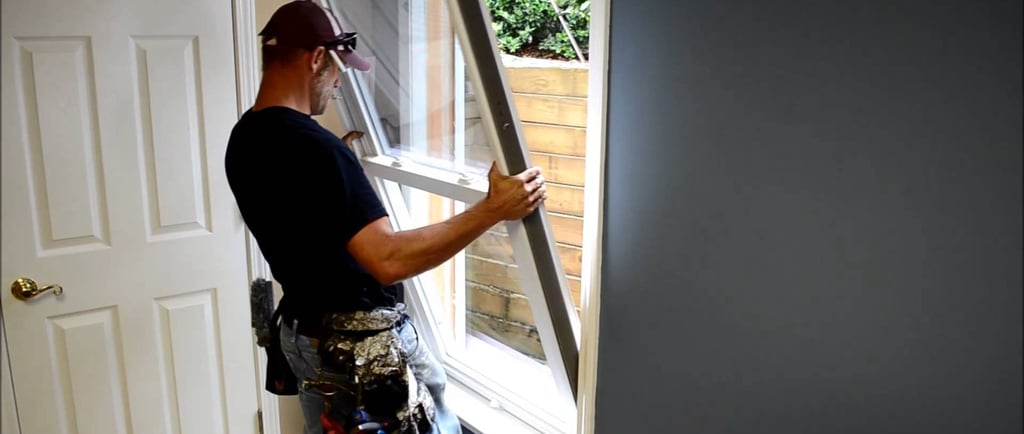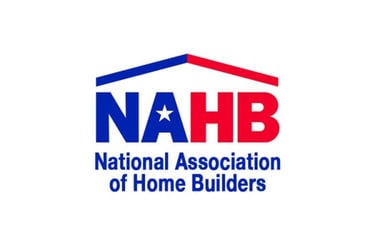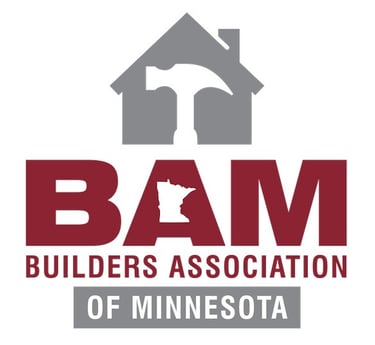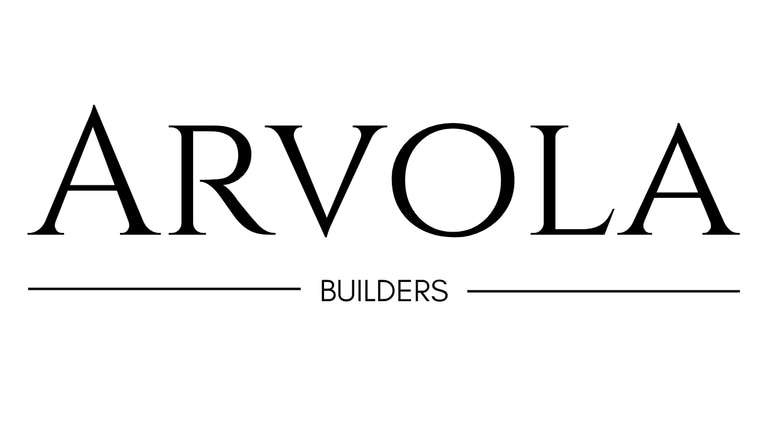9 Tips for Choosing the Right Contractor for Your Custom Home or Storm Damage Repairs
8/9/20242 min read



Check Credentials and Licenses
It's crucial to verify that your contractor has the necessary credentials and licenses to operate in your area. This will ensure that they adhere to local building codes and industry standards. A licensed contractor is more likely to be insured, protecting you from potential liabilities.
Experience in Similar Projects
Choose a contractor with experience specific to your needs. If you're building a custom home, seek out contractors with a proven track record in new home construction. For storm damage repairs, find experts who have handled similar restoration projects. Experienced contractors are more adept at anticipating and managing potential challenges.
Detailed Written Estimates
Request detailed written estimates from multiple contractors. Compare the scope of work, materials, labor costs, and timelines. Be wary of significantly low bids, as they might indicate subpar materials or shoddy work. A comprehensive estimate helps you understand what you're paying for and minimizes the risk of hidden costs.
Clear Communication
Effective communication is key to a successful project. Ensure that the contractor is responsive and willing to answer your questions. They should provide regular updates and be approachable for any concerns throughout the course of the project. Good communication helps build trust and prevents misunderstandings.
Work Portfolio and References
Review the contractor's portfolio of past projects. This can give you a better idea of their craftsmanship and style. Additionally, ask for references from previous clients and follow up on them. Speaking to former customers will provide valuable insights into the contractor's reliability and work quality.
Contractual Agreements
Never start a project without a written contract in place. The contract should outline the scope of work, payment schedule, deadlines, and any warranties or guarantees. Having a clear agreement protects both you and the contractor and ensures that everyone is on the same page.
Insurance and Bonding
Ensure that the contractor has adequate insurance, including worker's compensation and liability coverage. This protects you from any potential damages or accidents that may occur during the project. Bonding is also important as it provides an additional layer of financial protection.
Project Timeline
Discuss the expected timeline for your project before signing any agreements. Make sure the contractor can commit to the deadlines laid out in the contract. Delays can be costly and frustrating, so it's important to have realistic expectations about the project duration.
Paying Attention to Red Flags
Be alert to any red flags such as demanding full payment upfront, reluctance to provide references, or lack of proper documentation. These can be indicators of unsatisfactory work or potential scams. Trust your instincts and look for a contractor who is transparent and trustworthy.
Choosing the right contractor involves careful consideration and due diligence. By following these ten tips, you can ensure a smoother building or repair process, resulting in a high-quality outcome for your custom home or storm damage repairs.

Arvola Builders
Utilizing the latest design trends and construction techniques to deliver modern, functional, and aesthetically pleasing homes.
© 2024. All rights reserved.
532 Walnut st Monticello, MN 55362 United States




